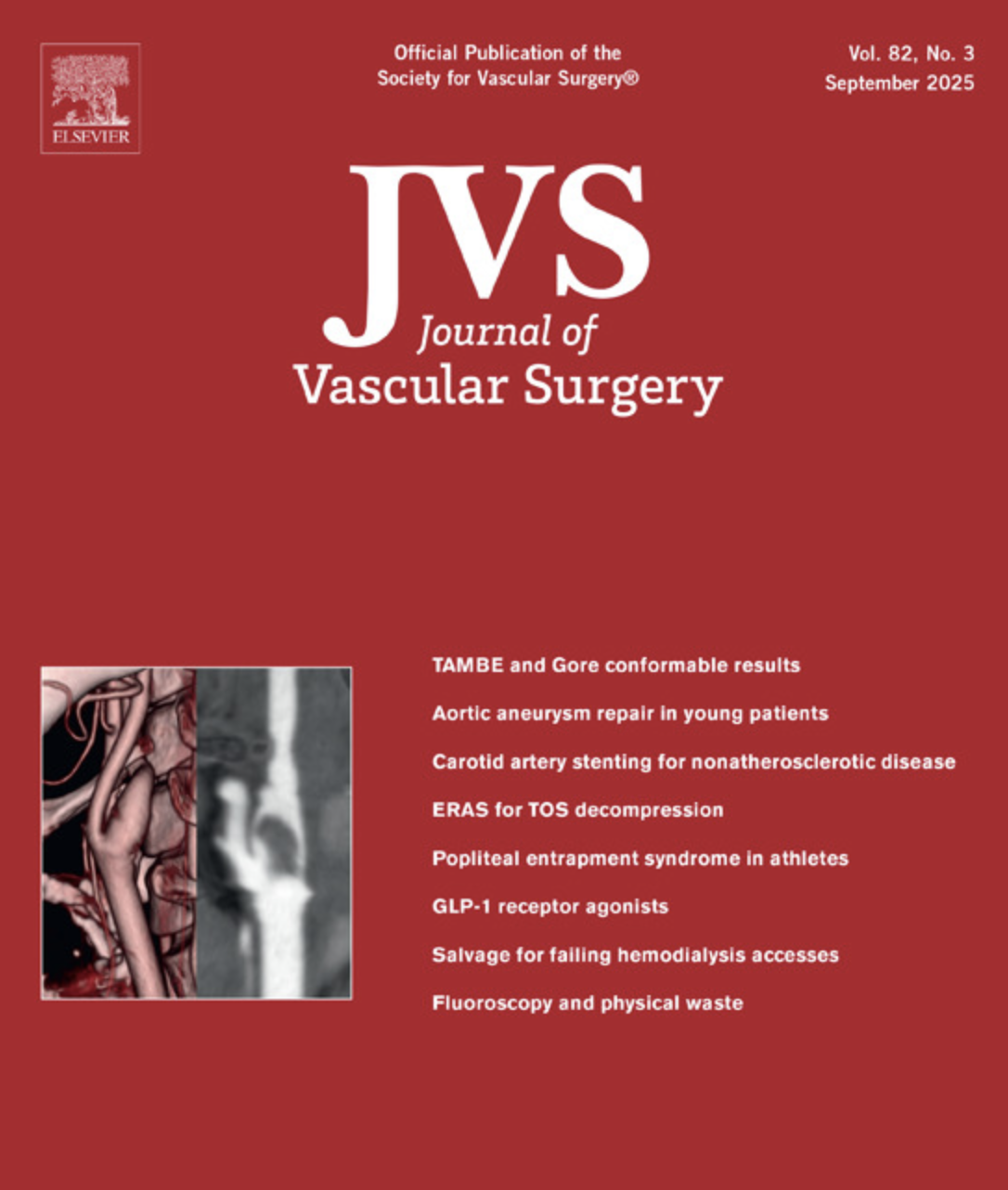Inside the OR on KXAN: How “Subzero” Pain Control Is Helping CTVS Patients Recover Faster
At Cardiothoracic and Vascular Surgeons (CTVS), we’re always looking for ways to make surgery safer, recovery faster, and life afterward better. As of late, one of the most exciting advancements we’ve brought to Central Texas is a pain-control technique that literally freezes away pain after open-heart surgery … and the results have been nothing short [...]










